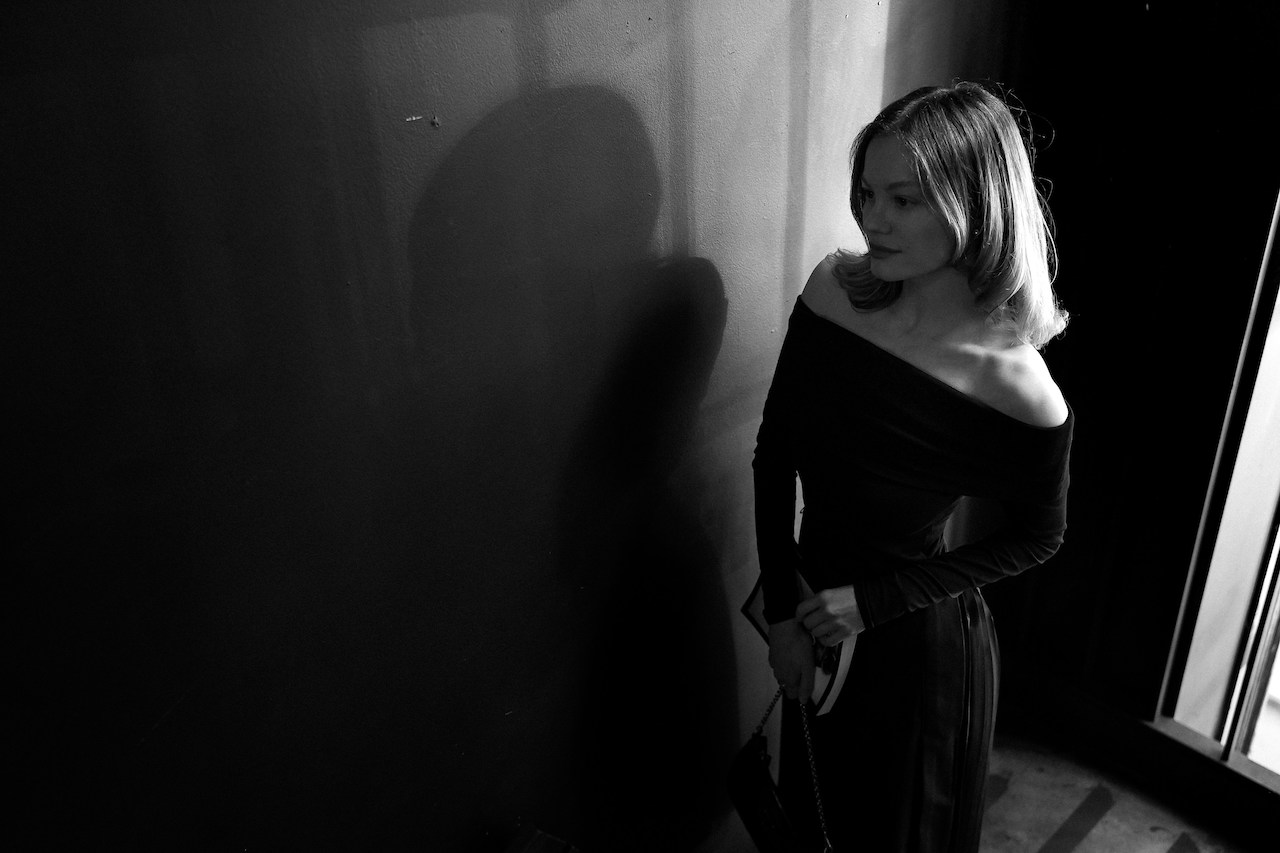While acceptance of diverse gender identities is on the rise, it can still be difficult to explore and understand what that looks like for yourself. Non-binary identities in particular are often misunderstood or dismissed, making it much more challenging to be open and comfortable in your identity.
Non-binary is an umbrella term for those who experience their gender outside of the binary of man or woman. Gender identity is separate from gender expression: you cannot determine someone’s gender from how they present themselves. Part of the beauty of the term non-binary is that it means something unique to each person that identifies with it; it is a home that you build for yourself. There is no need to try and be non-binary “enough” because that simply doesn’t exist.
Being non-binary can have a significant impact on your relationships, especially if it is something you discover about yourself while already in a relationship. This experience will look different for every couple, and it will require work from both sides to develop an understanding of what will allow you both to be comfortable. The right partner will be supportive of you and create a safe space for you to explore what feels like you. Communication is key when taking into account a new factor in your relationship; while it can be difficult and uncomfortable at times, honesty is the best route to finding what works.
It can be difficult to be open about being non-binary when you are still working to discover what that means to you, as it can feel very vulnerable. Don’t let anyone, especially a partner, make you feel embarrassing, or difficult to love for being non-binary. You deserve to truly express yourself and be who you are, and the right people will do everything they can to support you.
By Freya Johns
I grew up in a predominantly female environment. All my friends were girls, I attended an all-girls secondary school and many of my hobbies were female-oriented. Women were all I knew. Therefore, it wasn’t long before I realised that my affinity for women extended beyond just ballet shoes and braiding hair.
So naturally, it only made sense to find myself a boyfriend. Having the only genuine perception of men until then be from deliriously dramatic teenage TV shows and ludicrously laughable Wattpad fanfictions, clearly, I was set to take on the big scary world of men. Suddenly I was 18 with a boyfriend, all my girlfriends had left for university and all my superiors and colleagues at work were older men – my safety net had been abruptly unwoven and all that was left was a single measly thread.
Nevertheless, I persisted. For a time, everything seemed normal. He would be obsessive, jealous and insecure and I would withhold certain parts of my identity to present myself as the ideal, cool and relaxed girlfriend that I was told I had to be. That measly thread was suddenly suffocating to the point where my skin was turning purple and I was gasping for air.
Eventually, I left for university and our relationship came to a halt. For the first time I was able to explore a part of myself that I had been so certain yet so neglectful of. I noticed that I was able to reach certain milestones in a single night with a woman compared to a year and a half with a man. I quickly realised that women had offered me genuine comfort and the queer community a freeing openness, opposing the restrictions of heterosexuality. This is what I truly craved in a relationship. With this discovery, I was able to crochet my thread into a serene blanket.
By Rosa Makedonis Kalodiki


